Isaiah 43:16-21│Phil 3:8-14 │ John 8:1-11
“Neither do I condemn you. Go and sin no more.”
Forgiveness is not an easy thing to express; it is not an easy thing to do. I see from Jesus’ own ministry, from the experience of the early church, and probably our own past experiences how quickly we exclude others, setting apart and separating them. But Jesus’ ministry, and by extension, the church’s own ministry, is about inclusion through reconciliation. Jesus proclaims the forgiveness of sins, even undergoing a baptism of forgiveness. By his ministry those on the margins, those who have been condemned, are brought back and welcomed into the fold. The disciples of Jesus carry this ministry forward into the world. And like the time of Jesus, this ministry moves forward even when there are forces present who prefer exclusion. The question, “What would Jesus do?” is particularly appropriate here. Jesus did not condemn. Neither should we. Jesus forgave. So should we.
As in all things, Jesus shows us the way. We are called to love our neighbors, not to condemn them.
Gospel
When we hear today’s gospel, we often focus on the woman’s sin, which is certainly serious. Yet she is not the only sinner in this story. The scribes and Pharisees were guilty of pride and anger disguised as religious piety, directed not only toward the woman but also Jesus, whom they hopes to ensnare. Although one could say that Jesus did not condemn the scribes and Pharisees for their sin, neither did Jesus offered them a word of forgiveness as he gave to the woman. Perhaps this is because the scribes and Pharisees had not recognized their own misery in the face of mercy, whereas the woman, dragged half naked into the streets to endure public scrutiny, had no choice but to stand silently in her misery.
Jesus takes a potential act of violence and turns it into a moment of encounter and forgiveness. Jesus’ death is another transformational moment. Within the violence of the crucifixion, Jesus’ infinite love transforms the violence into the ultimate reconciliation of humanity and divinity. In longing to be conformed to Jesus’ death, we are asking for the grace to become the light that is stronger than darkness, the love that is stronger than hatred, the life that is stronger than death.
First & Second Reading
In the first reading from the prophet Isaiah, God proclaims the words of hope and redemption saying, “See, I am doing something new! Now it springs forth, do you not perceive it?” In the second reading, St. Paul also emphasizes the newness of his life in Christ: “Forgetting what lies behind, but straining forward to what lies ahead, I continue my pursuit toward the goal.” Our God is not rigid and predictable, but creative and uncontained. And this is how Jesus reveals him to be.
In the gospel reading Jesus invites the adulterous woman to new life through forgiveness. Her sin is removed and she can look forward with hope, instead of remaining mired in her sin and forever marked by condemnation. The God of newness offers each of us a fresh beginning as well. We are invited in every moment to step into the freedom of Christ and to leave our past sins behind.
Questions to Ponder
- Where do you see God’s action in your life, family, or community bringing about something new?
- How has your practice of fasting been this Lent? How has it enriched or affected your relationship with God and others?
- How does your community extend forgiveness?
- How have you experienced giving and receiving mercy in your own life of faith?
Source: Living Liturgy (Liturgical Press, Year C 2019).
Photograph: Unsplash


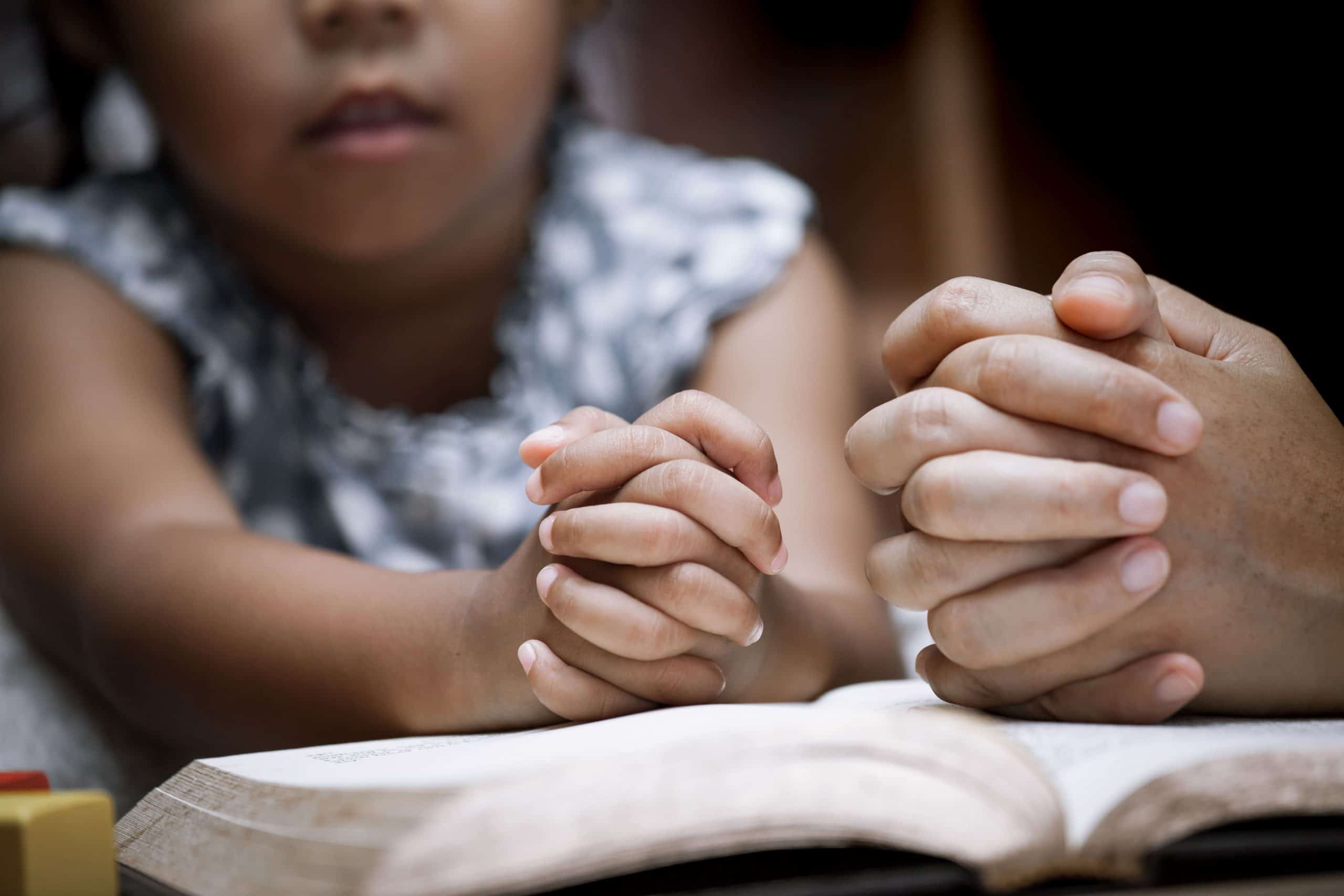
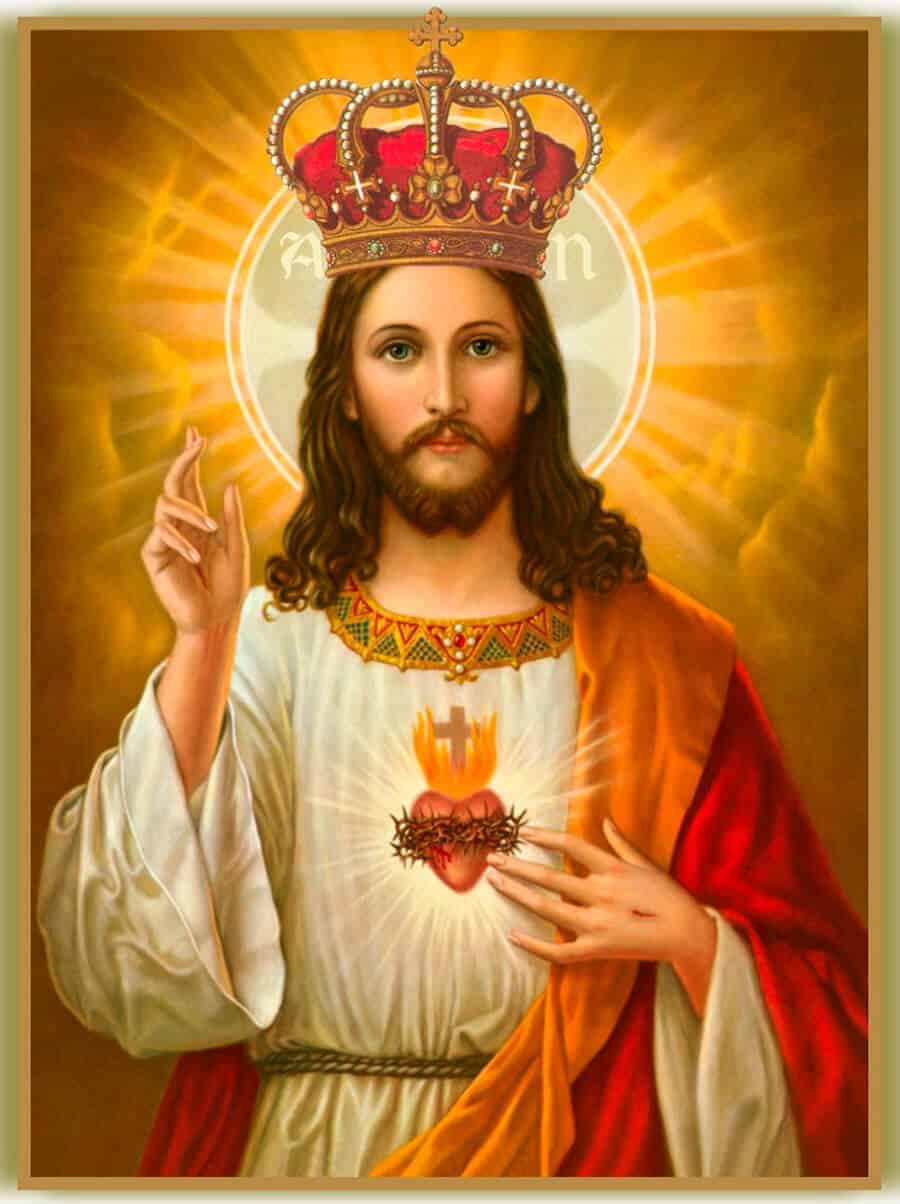
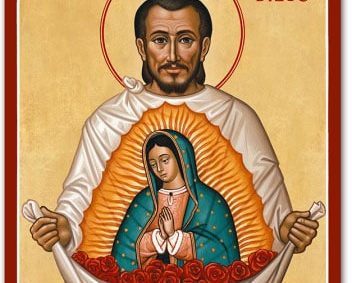


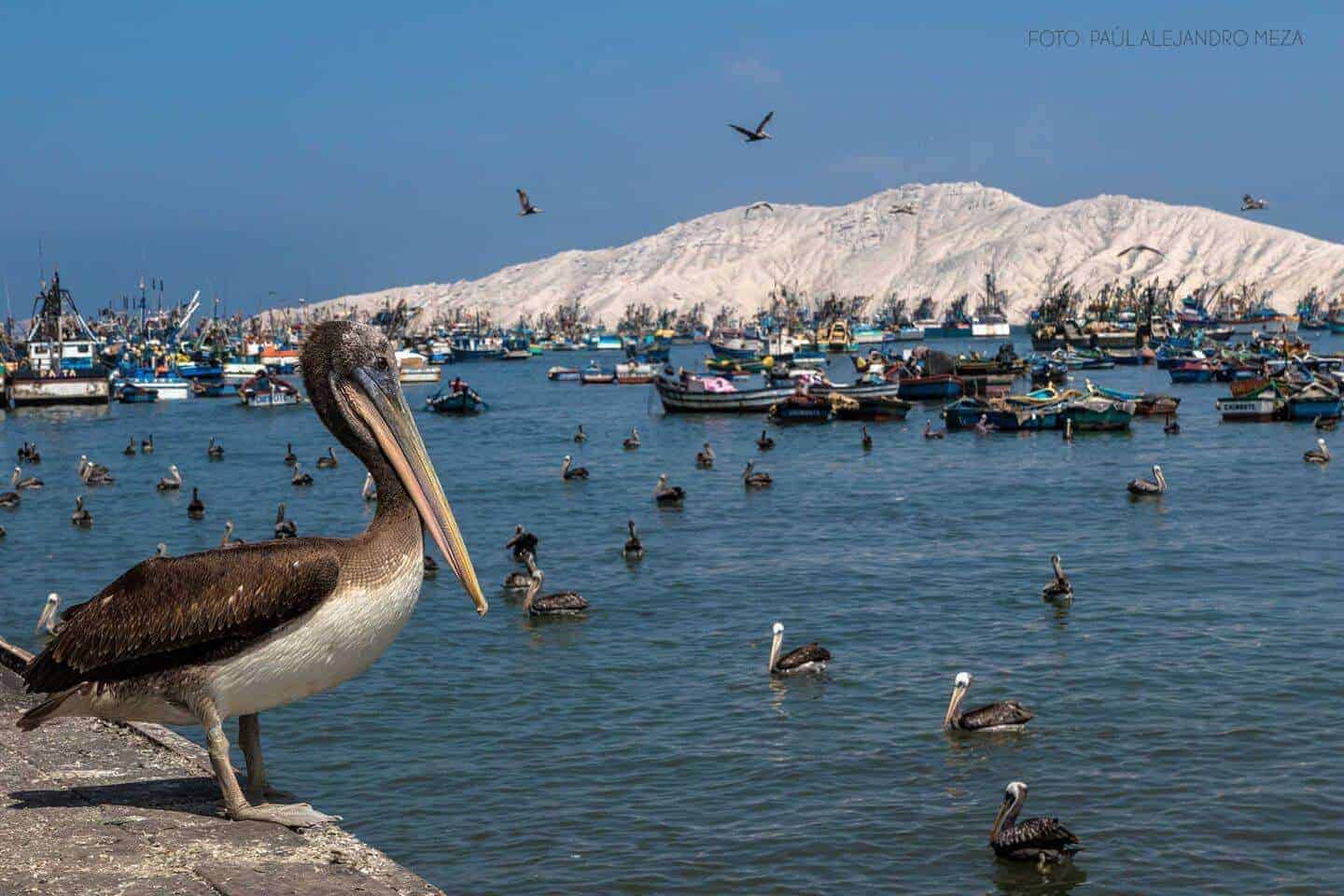
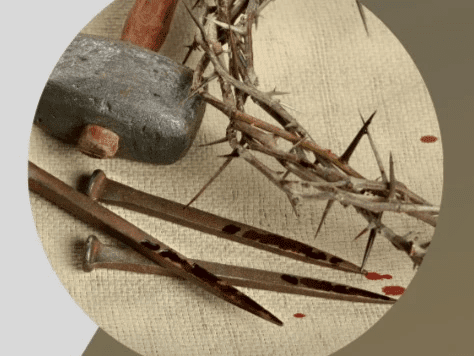
0 Comments